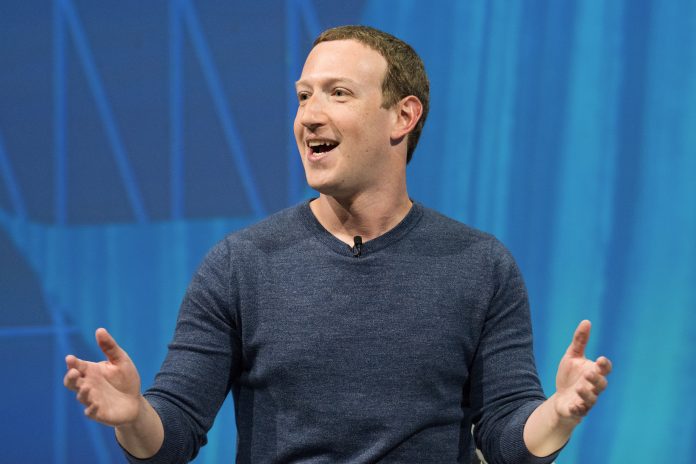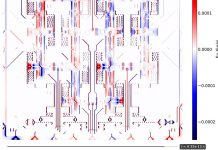For those watching voting decisions, a combination of psychology and technology is changing political rivalry from agenda-based to influence-based
2020 is packed with high-profile elections. The US presidential election will determine the course of the world’s most powerful democracy, while the elections in Belarus have set Europe’s last remaining dictatorship on fire. Meantime, Venezuela might have a parliamentary power shift, and New Zealand may decide to legalise marihuana.
Ever since the Brits casted their vote on Brexit in 2016 and Cambridge Analytica was infamously detected to have interfered with the process, all the upcoming elections will rely on technology and the data it can help dig up.
How our thoughts and beliefs become available to anyone interested
Five out of ten users are not worried about cybersecurity, thinking they are of no interest to hackers. However, it’s not just hackers — policymakers are also interested in the digital behavior of citizens.
The first step towards the desired outcome of an election is to collect the standing beliefs and values of undecided voters. This is done by analysing what messages gained attention or triggered a person on social media, what videos they have been engaging with, and what articles they read.
The created profiles are then used to personalise the messages of political advertising. Instead of advertising the values and beliefs of the candidate, the message mimics those of the voter. The high frequency of repetitive messages that do not contradict the existing value system creates the so-called “confirmation bias”. The person ceases to think critically about the topic and refuses to accept contradicting facts because those clash with his beliefs.
Confirmation bias affects all aspects of life and is widely used in marketing and politics. An analysis carried out in 2016 illustrates how confirmation bias affects our daily routines: 376 million Facebook users’ interactions with over 900 news outlets found that people tend to seek information that aligns with their views.
The combination of psychology and technology shifts political rivalry from agenda-based to influence-based. The one who learns and addresses voters’ beliefs first is more likely to win.
“The lockdown made people spend significantly more time online, which has led to more digital footprints. At the same time, the number of controversial topics is on the rise. The year 2020 is packed with social turbulence, and engaging with it helps to determine where a voter stands on certain questions,” says Daniel Markuson, digital privacy expert at NordVPN.
How psychology is used to enhance technology
“It’s all about the logs, ” says the digital privacy expert. “Whenever a user watches a certain YouTube video, clicks on an ad, likes the comment, or simply doesn’t finish reading an article, their actions are logged. Clickstream data is vital in building profiles for targeting voters.”
Part of framing voters’ decisions is reliant on misinformation. According to NewsGuard, in the US alone, there are at least 132 misinformation websites pretending to be legitimate news sources covering the pandemic. These kinds of articles “play right into our existing biases”, says Thomas Davenport, PhD, a professor of Information Technology and Management at Babson College.
“Citizens feel alert and seek to protect their digital privacy. It’s no surprise that the interest in VPN services is on the rise, especially in countries where people feel oppressed. For example, the demand for VPN services in Hong Kong surged 120 times within a couple of hours once the Chinese government announced that it will be drafting a new security law aiming to regulate criticism and protests. Citizens themselves have to become the stronghold of democracy and protect their right to independent elections,” states Daniel Markuson.
The threats beyond internal affairs
People understand that the media they consume is biased. In 2017, a Gallup poll found that 45% of Americans believe there is a “great deal” of political bias in the news. Europeans oppose politically biased news the most. For example, 89% of people in Spain and 88% in Greece do not tolerate the media’s political engagement. This is compared to 78% in the US.
External attempts to influence decision-making also came to the attention of the watchdogs of democracy. The EU alone registered that the scope of disinformation, which is another way of influencing elections. Reported attempts to spread disinformation have doubled since January 2019.











